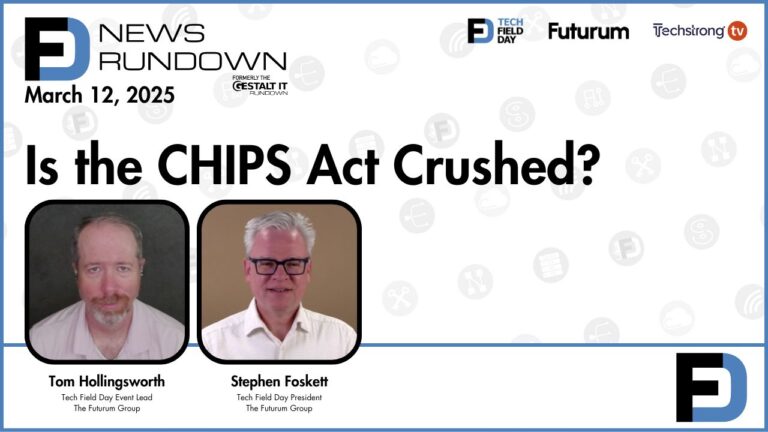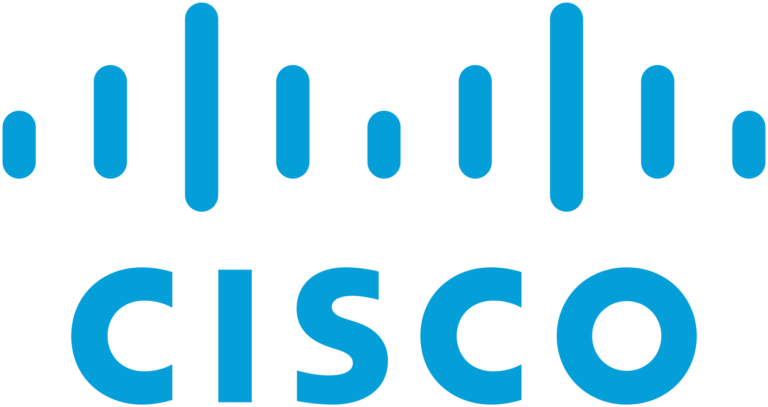
The Return of Networking Field Day
Networking Field Day is back! One of most popular events is bringing you the latest edition with a great lineup of companies to discuss the latest in technology when it comes to moving bits back and forth. The topics will be diverse and we hope that you’re ready to strap in for the ride.










